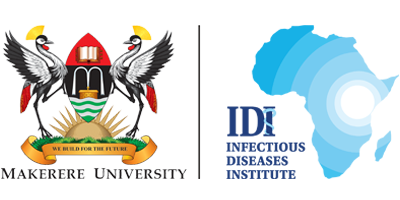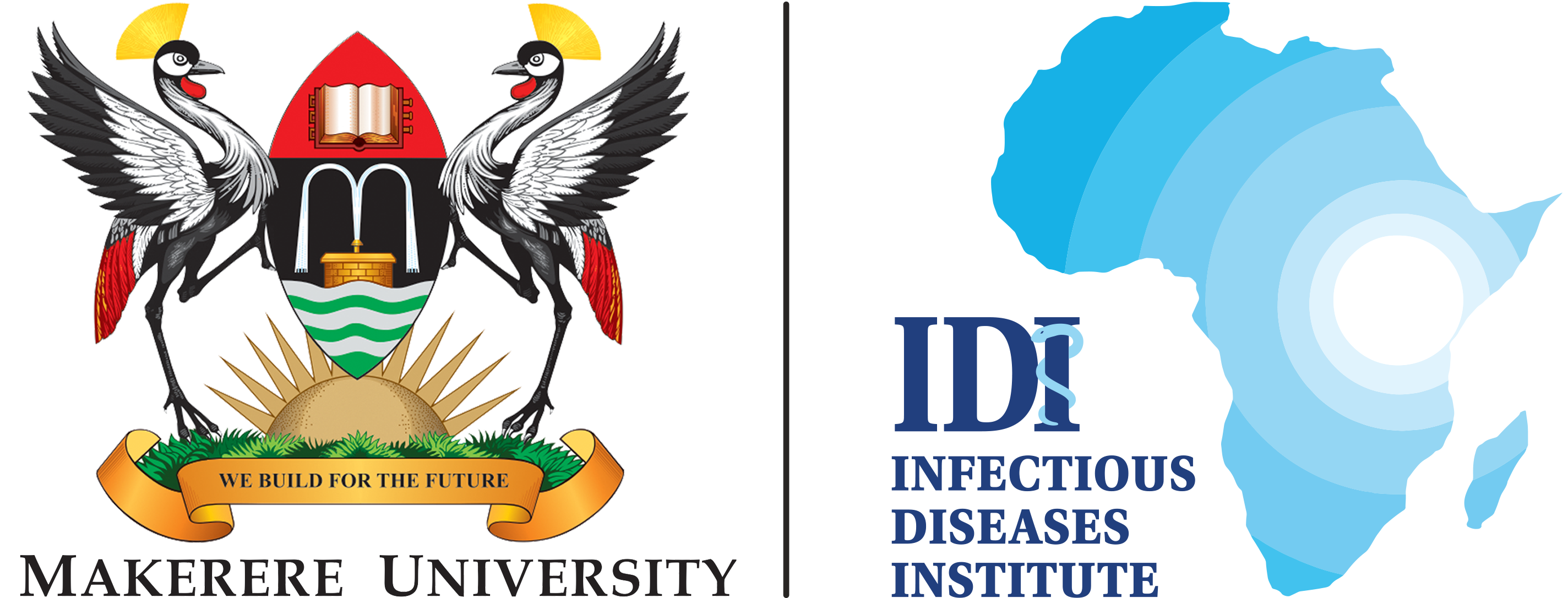- Associated Links
-
-
Our united network of partners and institutions share a vision for excellence, innovation, and impact. Together, we harness our combined strengths to create meaningful change.
-
-
-
- Careers
-
-
Our people are our greatest asset. We foster a thriving environment where everyone can flourish and make a difference. Join us in driving innovation and positive change through fulfilling career opportunities.
-
-
INNOVATE
The “Innovate” theme is a research and development pillar that focuses on innovating solutions to address gaps in health delivery. Its aim is to improve access to healthcare, change health-seeking behaviour, and optimize disease prevention and treatment outcomes. Here, we anticipate the needs, design cutting-edge initiatives that draw on experiences from the private sector and domains beyond health to explore how transformative ideas can be applied to regional health goals.
Call for Life: Transforming Patient Engagement and Care
Tearing Down Barriers with A Touch of a Button
The Academy’s transformative initiative, Call for Life, emerged in 2015 as a trailblazing partnership with the Ugandan Ministry of Health and the Infectious Diseases Institute, centring on HIV, TB, and maternal and child health. This innovative programme leverages basic mobile phones to deliver concise, actionable messages, imparting health tips and adherence reminders, transforming healthcare through a touch of a button.
Initially piloted in two clinics, this smart solution has now become an integral part of clinical practice at the Infectious Diseases Institute, reaching all patients. It allows healthcare professionals to receive real-time patient feedback, enabling seamless tracking of medication intake and prompting interventions to bolster adherence or foster behavioural changes.
Beyond its core focus on HIV/TB care, Call for Life has expanded its reach, encompassing maternal health, nutrition, and outbreak surveillance for diseases like Ebola and COVID-19. It addresses challenges related to remote access and stigma, enabling healthcare workers to monitor patient data, missed appointments, and symptom reports. This proactive approach facilitates timely intervention, promoting healthy behaviours while consolidating patient data, messaging, medical records, and lab results into an easily accessible electronic dashboard for providers.
Adaptability lies at the heart of Call for Life’s success, offering customisable voice calls and tailored text messages to patients’ unique needs. Moreover, it extends its support to health surveys, community health worker training for home-based care, and partner notification and treatment initiation for various infections, including sexually transmitted diseases.
Medical Drones (Kalangala and West Nile Pilot Projects)
Removing the Challenges of Remote Access to Reach the Last Mile
In the realm of healthcare, drones have emerged as a transformative force, tackling logistical hurdles and redefining efficiency in unprecedented ways. These unmanned aerial vehicles are revolutionising medical logistics, especially in remote or isolated areas, by delivering vital supplies and facilitating transportation of lab samples.
The Infectious Diseases Institute through its pioneering Academy for Health Innovation embarked on a mission-critical journey in 2021, launching its inaugural drone project in the Kalangala islands. This pilot aimed to assess the viability and cost-effectiveness of using drones to deliver antiretroviral medication to individuals living with HIV in the last-mile communities on the islands.
Funded by Johnson & Johnson, the Kalangala Drone Project made substantial headway in overcoming geographical barriers that hindered access to life-saving medication for people living with HIV in island communities.
Preliminary findings from this initiative showcase promising outcomes, illustrating the feasibility and potential impact of delivering antiretroviral treatment (ART) to hard-to-reach areas. The proof-of-concept study revealed amplified healthcare access and improved health outcomes, such as enhanced viral suppression among HIV patients receiving ART closer to their homes. Drones facilitated cost-effective transportation, timely medication refills, minimized stigma, and offered convenience through direct medication delivery.
Supported by funding from the United Nations Capital Development Fund, the Academy extended its drone support to Adjumani and Moyo districts in West Nile. This initiative transported live lab samples and crucial medical supplies during the COVID-19 pandemic, enhancing disease surveillance and reducing waiting times for test results.
The success stories from Kalangala and West Nile demonstrate the transformative potential of drones in overcoming geographical barriers, ensuring prompt delivery of essential medical supplies, and enhancing disease surveillance.
As technology advances and regulatory frameworks evolve, the integration of medical drones into healthcare holds immense promise, paving the way for improved patient outcomes and bolstering public health initiatives across Africa.
End-to-end AI and data systems for targeted surveillance and management of COVID-19 and future pandemics affecting Uganda (COAST)
Optimising Technology to Enhance Care Experience
The global upheaval caused by the COVID-19 pandemic spurred a dire need for innovative healthcare solutions, particularly to aid frontline workers facing unprecedented strain.
During the pandemic’s peak, testing costs skyrocketed while essential reagents became scarce due to their limited shelf life. This led to unnecessary testing among individuals, placing a significant burden on healthcare systems.
In response, the Academy for Health Innovation Uganda—the Infectious Diseases Institute’s innovative hub—harnessed the power of AI to create a decision support system. This cutting-edge tool, an extension of the Call for Life initiative, helps clinicians identify individuals truly requiring COVID-19 testing. By conserving resources and minimizing unnecessary tests, it aimed to alleviate strain on the healthcare system.
The initiative was made possible through the COVID-19 Global South Artificial Intelligence and Data Innovation Programme, funded by IDRC and the Swedish International Development Cooperation Agency. This AI-driven system aids healthcare workers in pinpointing HIV-positive individuals who need COVID-19 testing, thereby improving targeted surveillance and pandemic management.
AI’s role in early detection, communication, and monitoring has proven pivotal in enhancing outbreak control. These systems assist in assessing disease severity, patient triage, and management, addressing crucial gaps in diagnostic testing during population surges.
The integration of AI-based clinical decision support systems emerged as a beacon amid the COVID-19 crisis. Globally, research in AI and data science showcases promising avenues for early detection, informed policy responses, and scalable diagnostic tools, marking a paradigm shift in healthcare.
Looking ahead, the demand for reliable decision support solutions during future pandemics is paramount. AI-integrated solutions stand poised to standardize care, reduce clinical variation, and enhance outbreak control, offering evidence-based insights and improving patient outcomes.
As the landscape evolves, these solutions play a vital role in healthcare workflows, driving preparedness, and refining management strategies for COVID-19 and beyond, setting a new benchmark in healthcare innovation and crisis response.
Pictures of Ageing
Redefining Aging Through Innovation and Art
Nestled within Uganda’s health innovation landscape, the Infectious Diseases Institute’s Academy for Health Innovation stands as a pioneering force, seamlessly blending medical research with the realms of art and humanities to redefine perceptions surrounding aging.
Dedicated to elevating health outcomes through a holistic approach, our focus encompasses innovations spanning clinical care, capacity building, system fortification, and ground-breaking research. This comprehensive strategy significantly influences healthcare policies and practices.
Our standout initiative, “Pictures of Ageing,” unfolds in Wakiso district, central Uganda, uniting medical researchers, demographers, public health experts, social scientists, and accomplished artists from Uganda and the UK.
This ageing picture delves deep into the complex tapestry of aging within a semi-rural/peri-urban Ugandan setting. It explores the intricate connections between phenotype, cognitive abilities, living conditions, responsibilities, and self-perceived age.
Generously funded by the UK’s Global Challenges Research Fund, this endeavour holds immense global health relevance, addressing critical health challenges.
Embracing an interdisciplinary approach, our efforts extend beyond advancing medical research. We actively engage the community through an art project, encouraging individuals to explore their personal perspectives on aging. Our commitment extends to fostering robust partnerships among academics, artists, NGOs, governmental bodies in Cambridge and Uganda, encapsulating diverse visual interpretations of the aging journey.
At the Academy for Health Innovation, our core mission revolves around democratizing sustainable healthcare. We seamlessly integrate both low and high-tech innovations, steadfastly committed to addressing the evolving healthcare needs associated with aging, locally and on a global scale.

